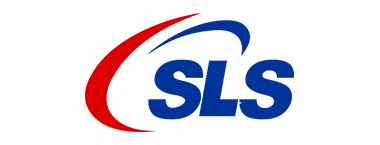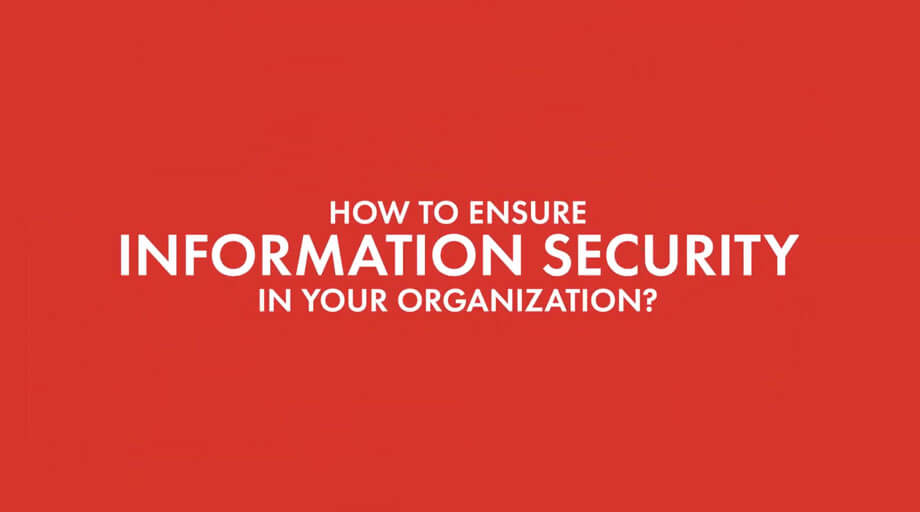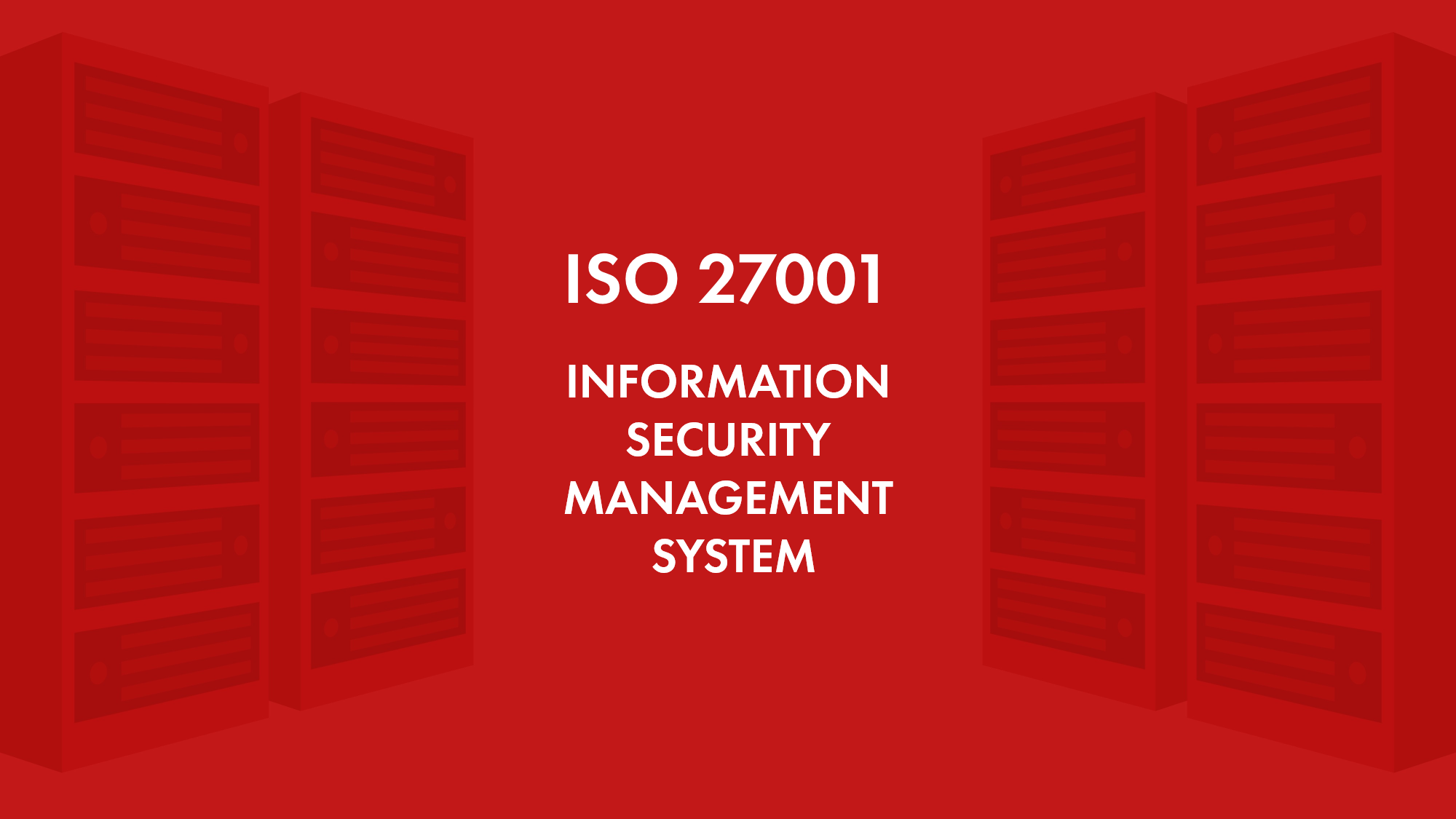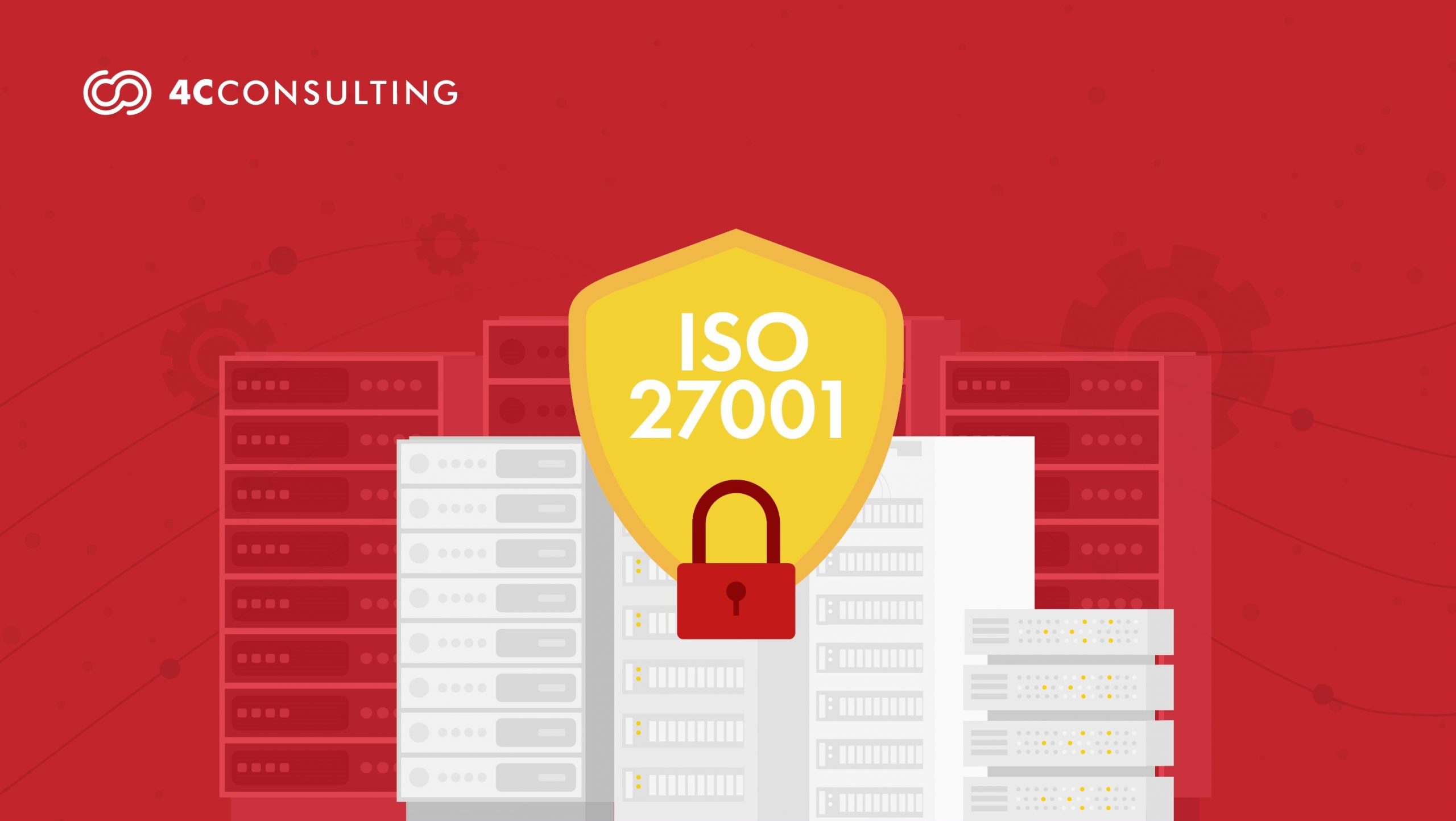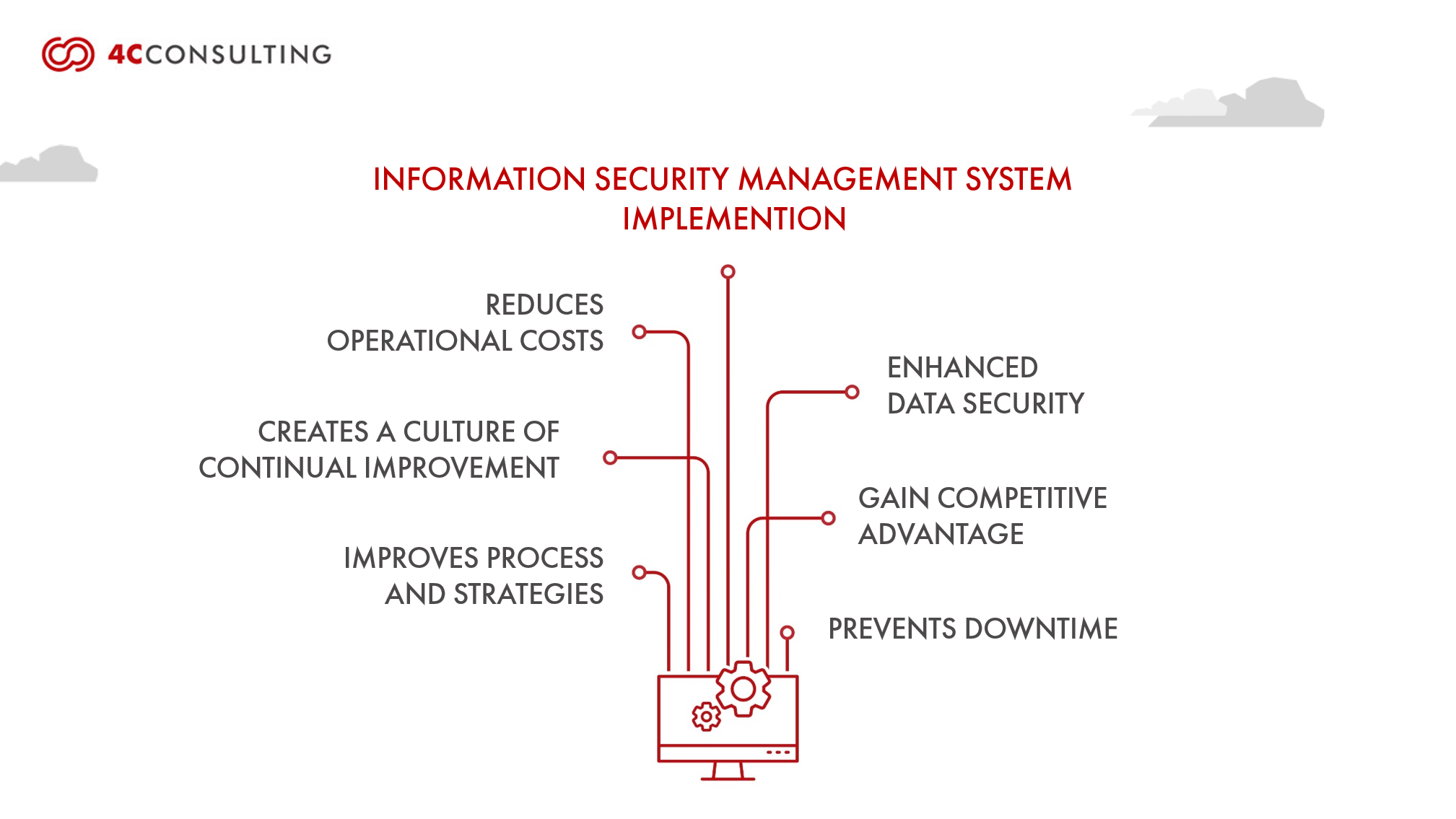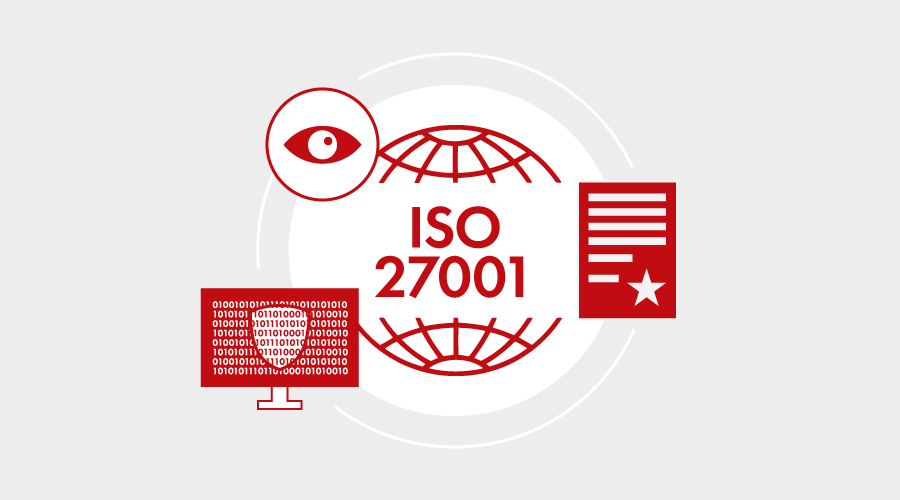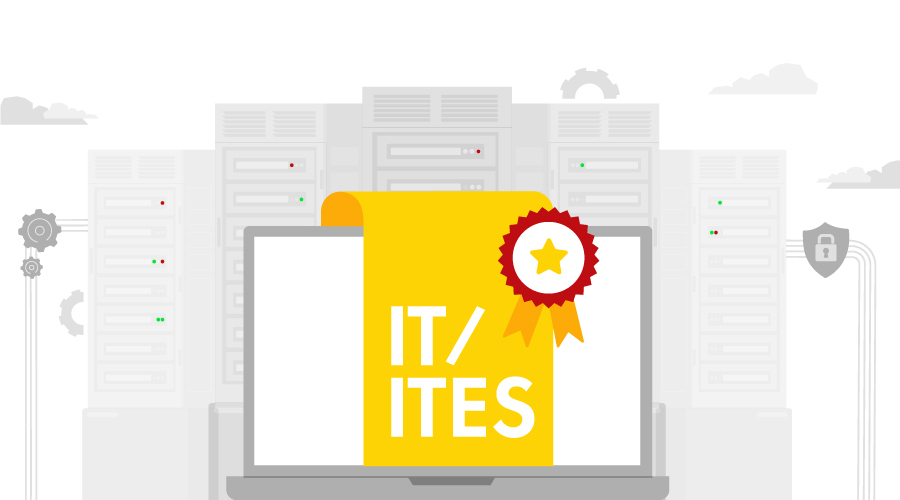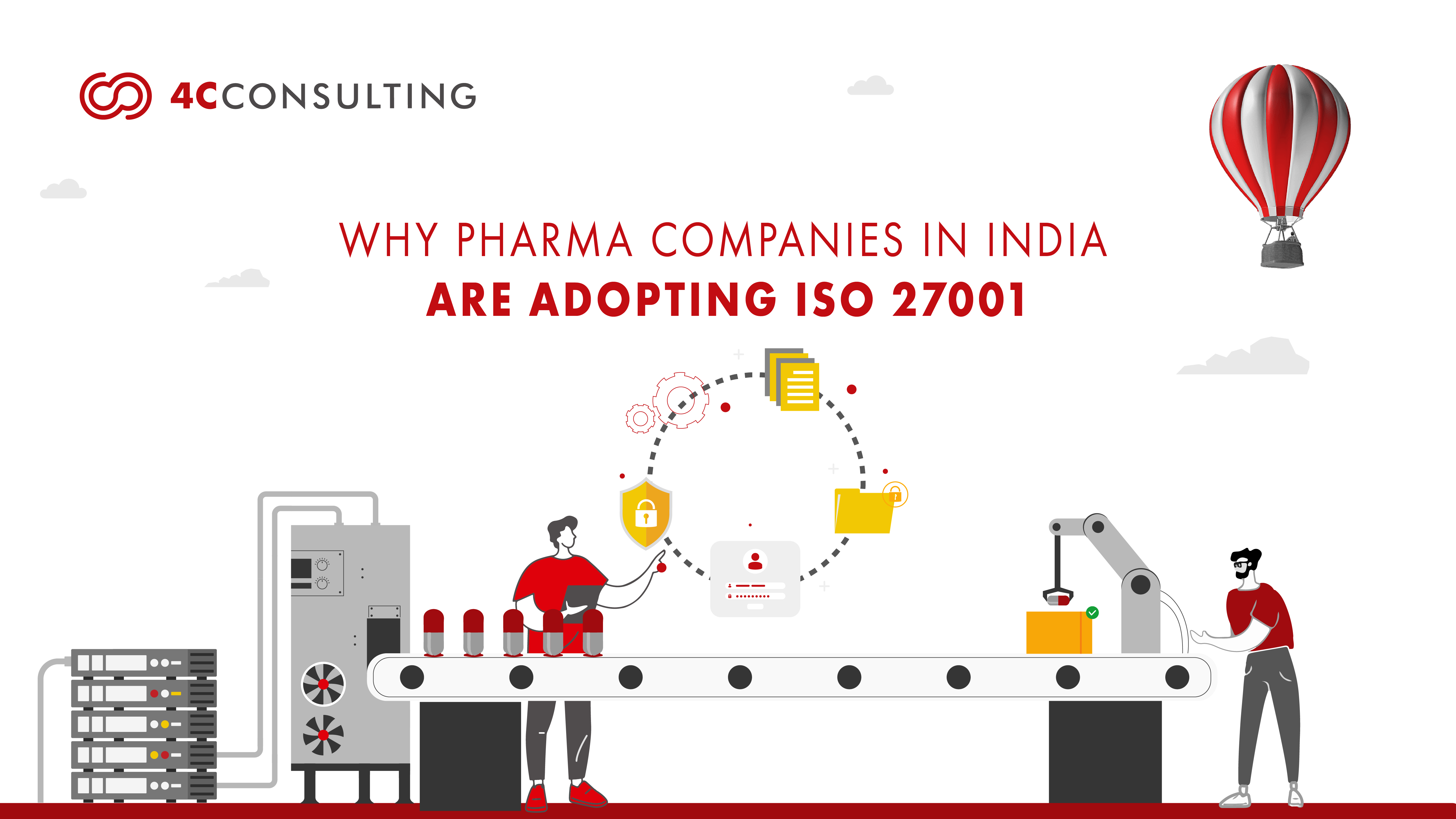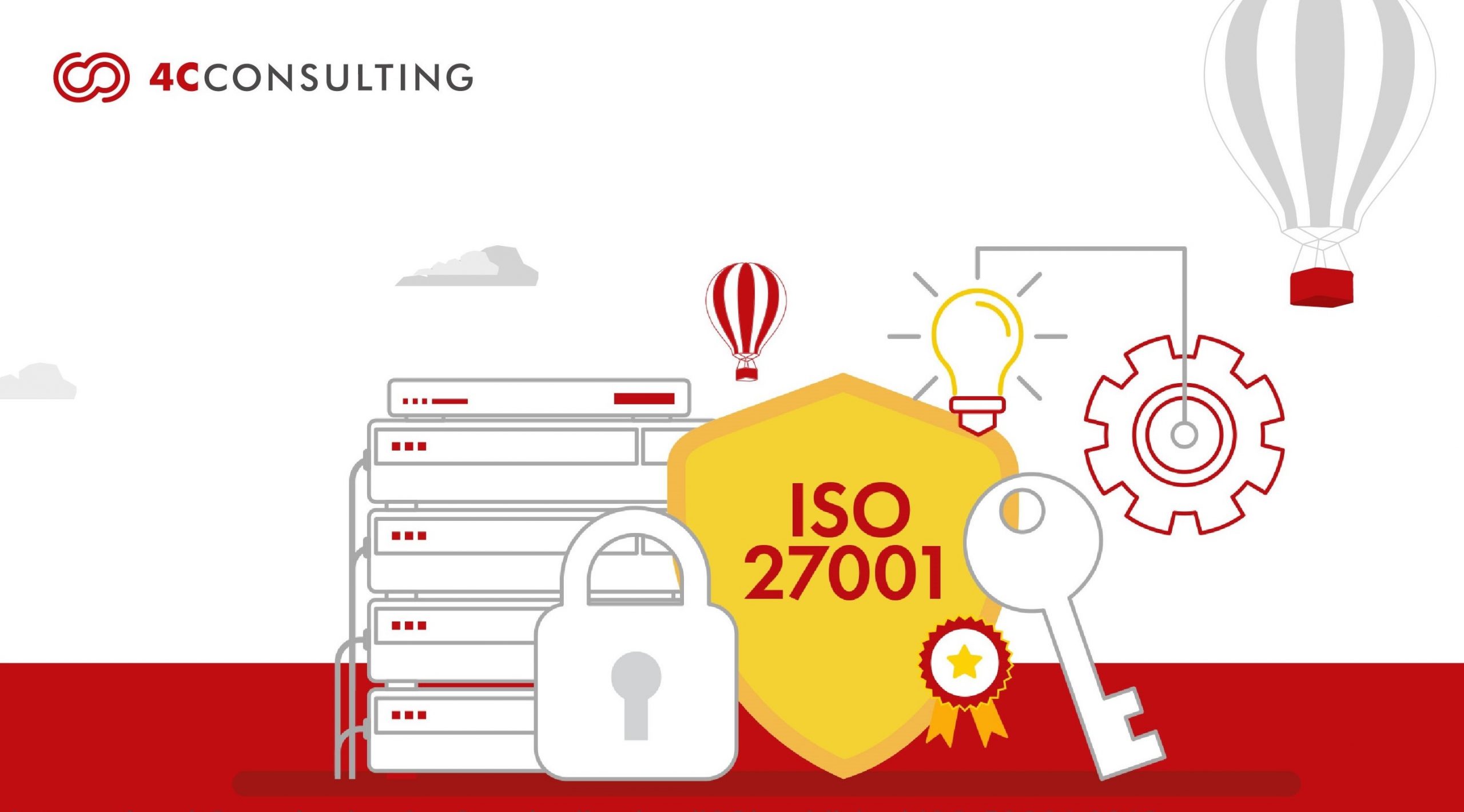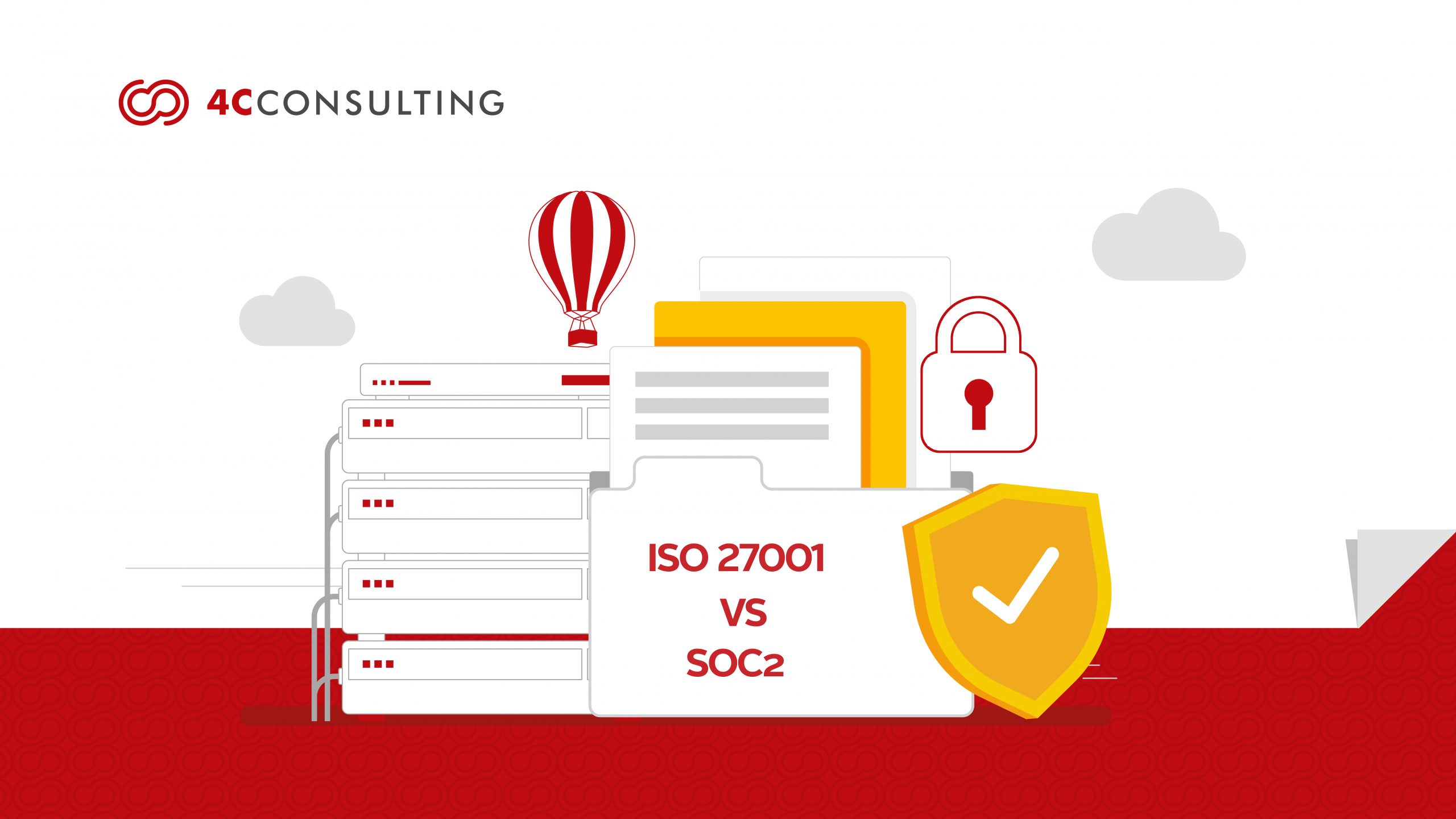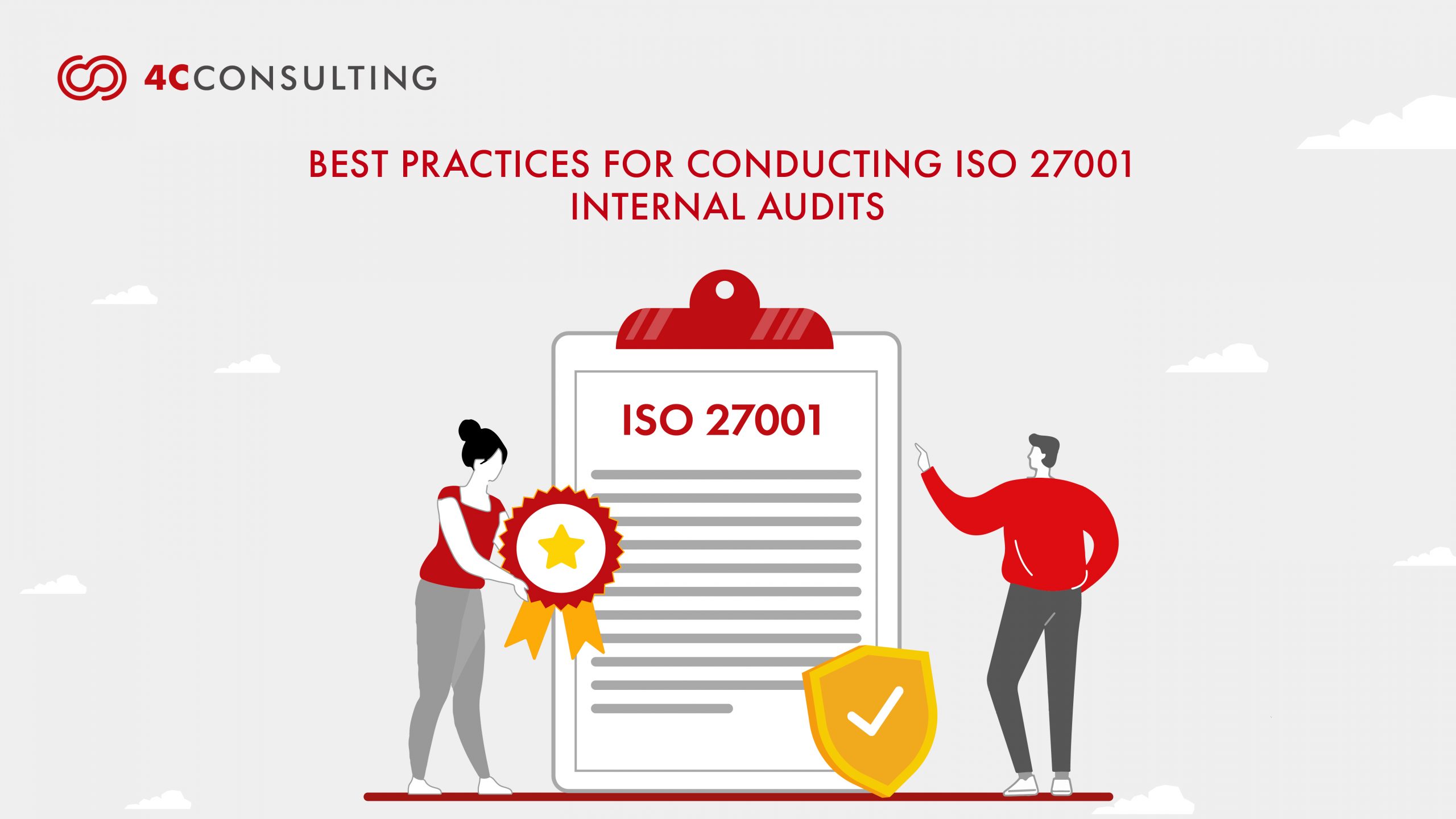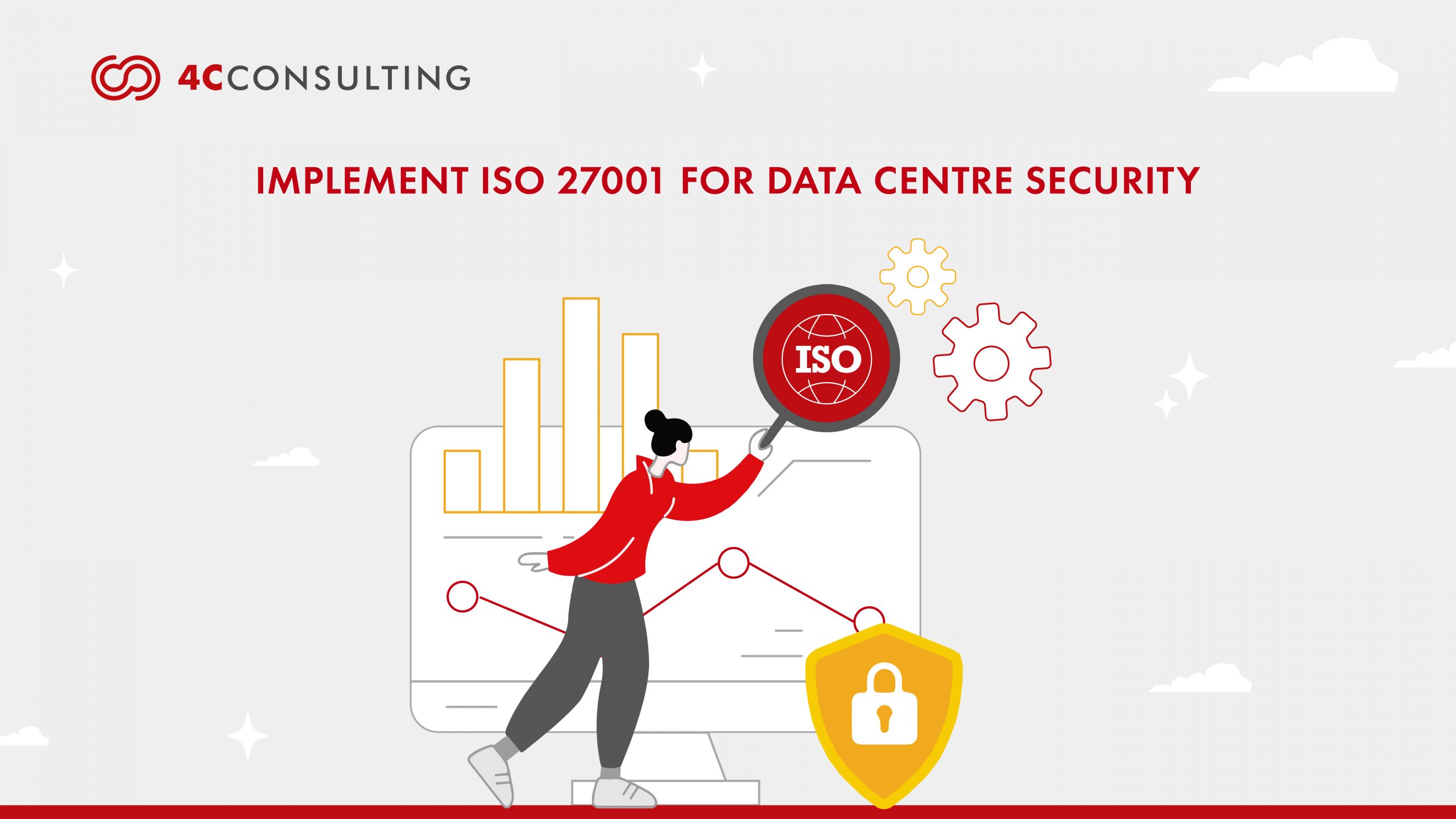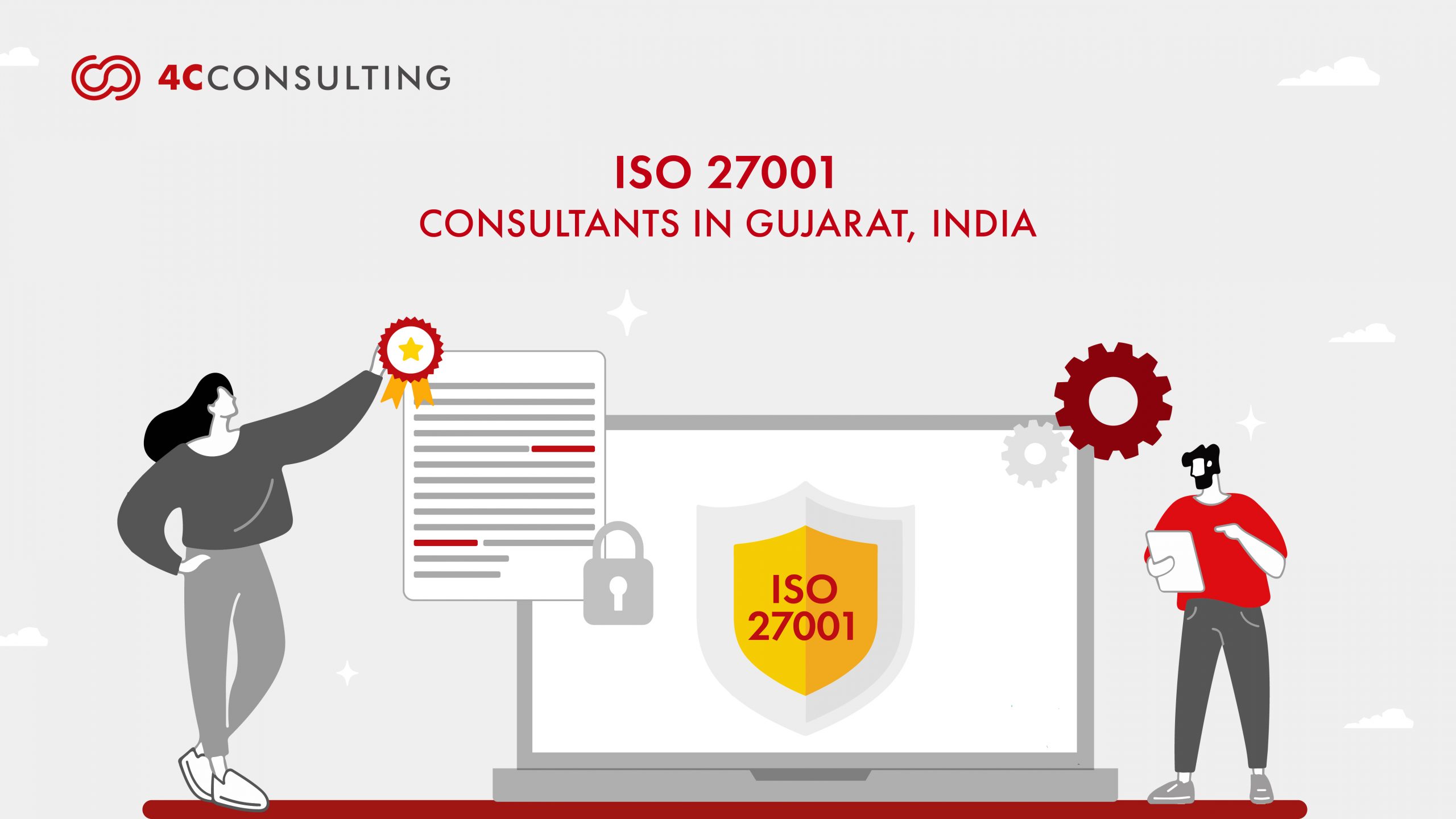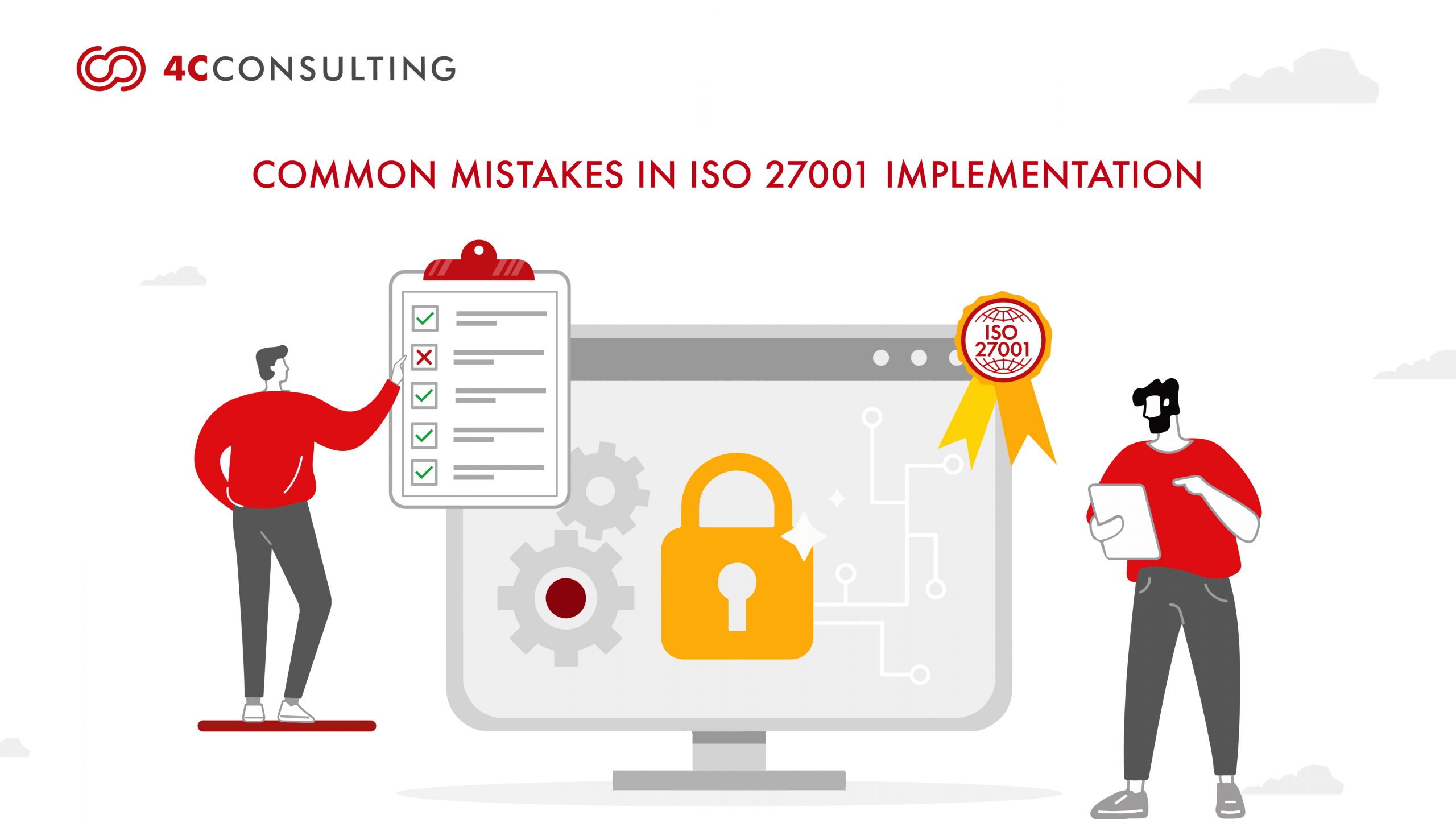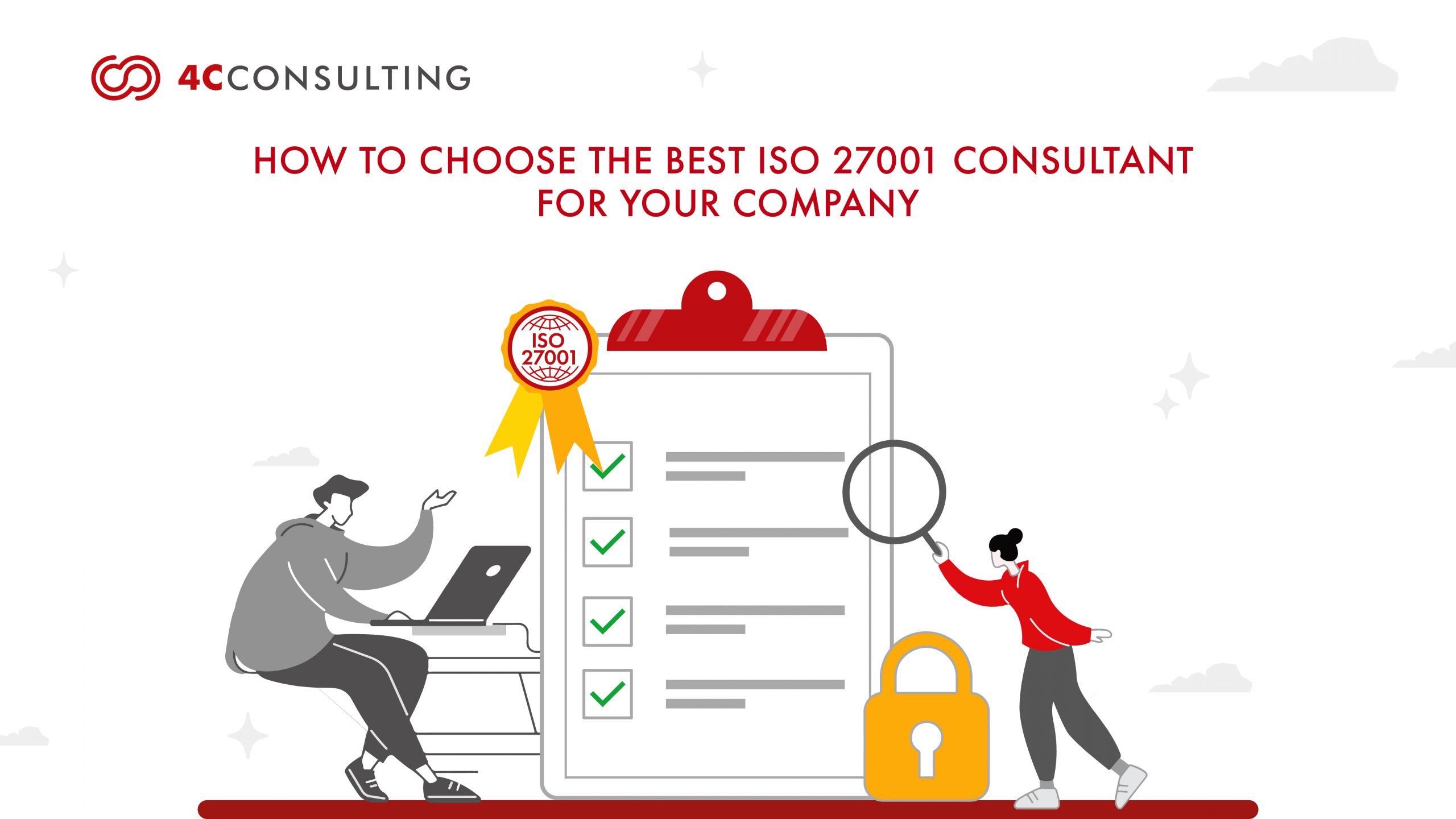
Frequently Asked Questions On ISO 27001
Auditors verify whether your ISMS is active and effective. Key records include the ISMS policy, risk register, legal compliance list (DPDP Act, IT Act, GDPR), access logs, incident reports and internal audit findings.
Yes. All follow the Annex SL structure, allowing one integrated audit. Integration reduces duplication and aligns quality, service and information security processes.
Internal audits are conducted at least once a year; surveillance audits are annual; recertification is every three years. High-risk IT firms may audit quarterly.
The standard requires vendor due diligence, data-protection agreements, access control and monitoring of third-party activities especially for IT, SaaS and cloud services.
Common issues include mapping DPDP Act compliance, shadow IT risks, document control and low staff awareness solved through training, digital ISMS tools and clear SOPs.
Yes. ISO 27001 is a global requirement for IT, SaaS and outsourcing contracts, helping Bengaluru firms qualify for RFPs and build client confidence.
Absolutely. It reduces data-breach risk, builds trust with enterprise clients and meets vendor-assessment requirements through simplified, scalable ISMS frameworks.
Awareness Training for all employees, Internal Auditor Training for core ISMS staff and Leadership Briefings to understand Clause 5 responsibilities and data-security governance.







